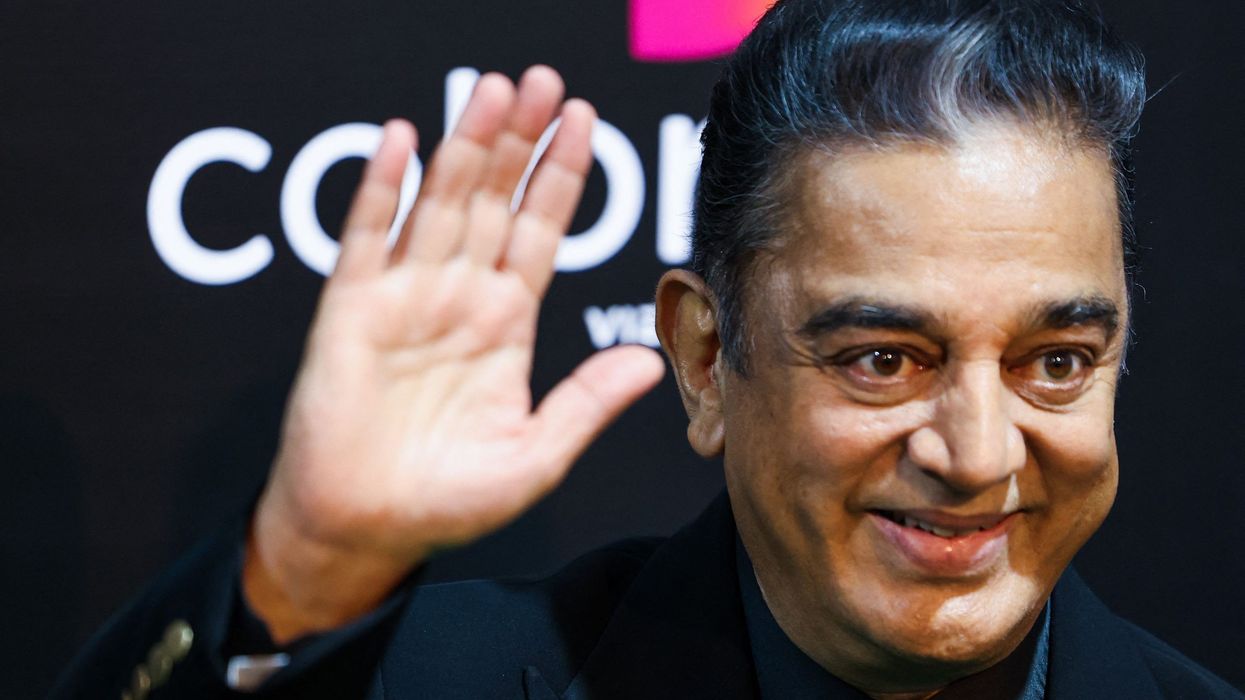Pushpak, the 1987 film starring Kamal Haasan, will be re-released in cinema halls soon, the makers have announced.
Directed by Singeetham Srinivasa Rao, the black comedy drama was premiered on November 27, 1987.
Originally titled Pushpaka Vimana in Kannada, the film was released as Pushpaka Vimanam in Telugu, Pesum Padam in Tamil, Pushpakvimanam in Malayalam and Pushpak in Hindi.
Production house Raaj Kamal Films International shared the announcement on its official X page Saturday evening.
"#Pushpak #Pesumpadam, a pioneer in silent black comedy and an iconic masterpiece of Indian cinema, will be re-released in theatres soon. #Ulaganayagan #KamalHaasan #SingeethamSrinivasaRao @ikamalhaasan," the banner said in the post.
According to a press release, Pushpak revolves around an unemployed graduate who encounters a drunk rich unconscious man and takes over his lifestyle after keeping him as a prisoner.
"However, he does not realise the dangers he has brought upon himself because a hired killer believes him to be his target," read the logline of the film, which has no dialogue.
It also stars Amala, Samir Khakhar, Tinu Anand, K S Ramesh, Farida Jalal, Pratap Potan, Lokanath, P L Narayana and Ramya.




